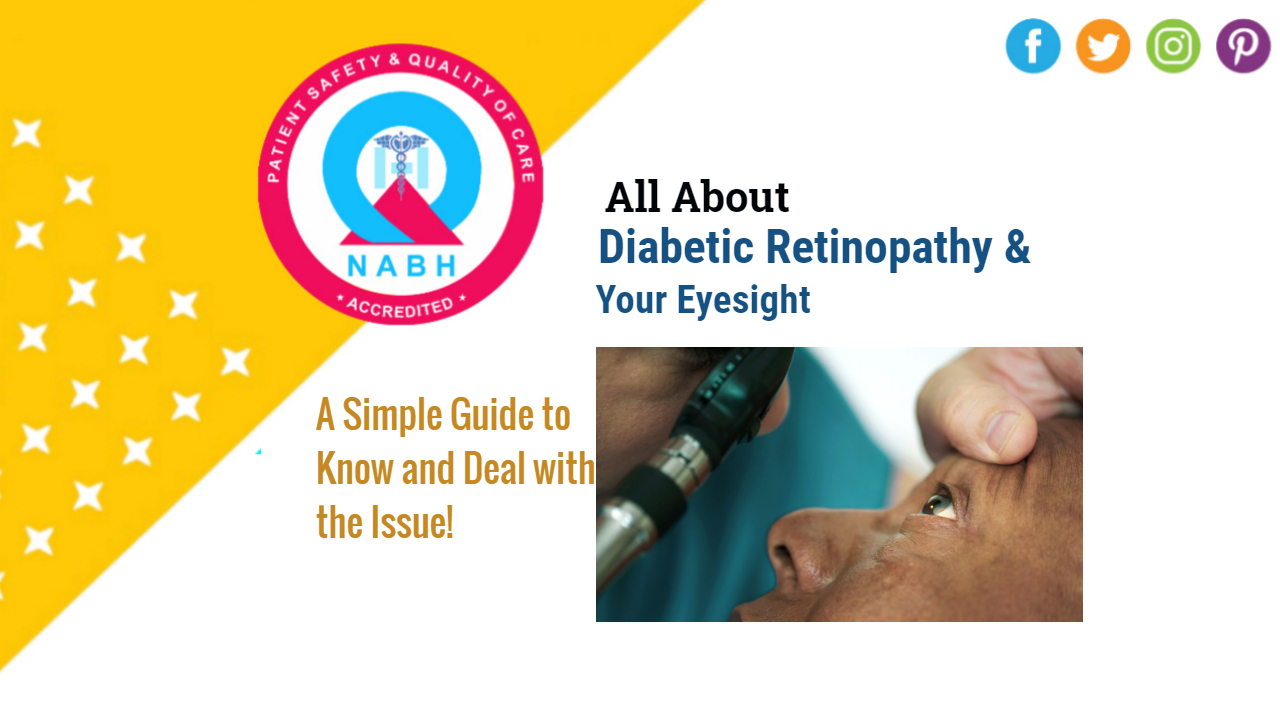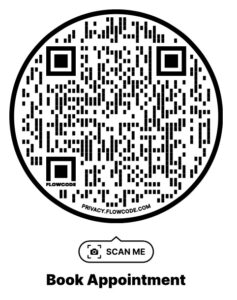Diabetic Retinopathy and Your Eyesight – A Simple Guide to Know and Deal with the Issue!
If you find out you have diabetic retinopathy, it can be scary. You might be worried about losing your sight or how to treat it. The good news is that knowing about it and seeing your doctor can help avoid big problems.
What is Diabetic Retinopathy?
Diabetic retinopathy happens when high sugar levels hurt the back part of your eye, called the retina. Some people don’t know they have it because one eye might help the other see better.
Why Eye Check-ups Matter:
Seeing your Retina eye doctor often is super important. Dr. Puneet Gupta, an Retina expert, says that if you catch it early, you can stop a lot of the damage. If you’ve had diabetes for a long time, you should see your Retina specialist /eye doctor more often. And if you notice things like floaty spots, blurry vision, or colors looking faded, call your eye doctor right away.
Can You Get Better If You Lose Sight?
If you take good care of your health—like watching your sugar levels, eating right, not smoking, and taking your medicine—you might get some of your sight back. This is not only good for your eyes but also for your whole body.
How Does It Hurt Your Eyes?
The damage can be different for everyone. At first, tiny blood vessels in your eye might leak or get puffy. Later on, weak new blood vessels can grow and bleed inside the eye. In the worst cases, these blood vessels make scars that can pull the retina away from the eye.
Treatments Today:
There are good treatments nowadays for diabetic retinopathy. Some people might get medicine shots / injections in the eye or laser treatments. Some might need a surgery called vitrectomy. If the idea of a injection in your eye scares you, don’t worry. It’s usually fast and doesn’t hurt much.
Life with Less Sight:
If you do lose some sight, you can still have a good life. There are tools like magnifying glasses, talking devices, and apps to help .
To sum it up, having diabetic retinopathy is serious, but with the right care and early action, you can handle it. Always remember to see your Retina specialist or eye doctor, ask questions, and get the help you need.



